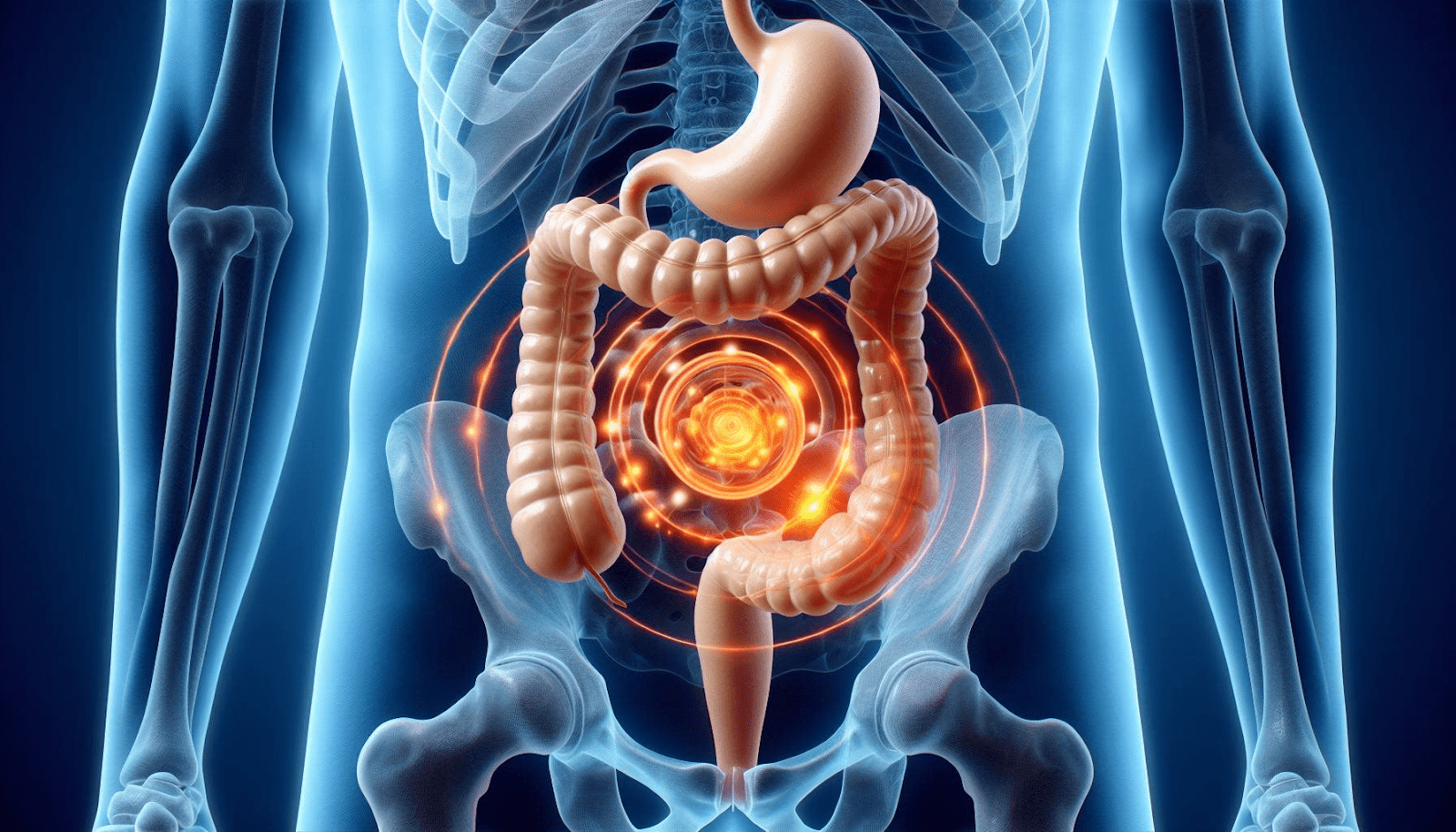Bowel Cancer and Stomach Noises: Deciphering the Sounds of Your Digestive System

Bowel cancer, also known as colorectal cancer, is a significant health concern that affects millions of people worldwide. While the disease itself can present with various symptoms, some individuals may experience unusual stomach noises or changes in their bowel habits. These noises, often referred to as borborygmi, can be perplexing and even concerning, leading many to wonder if they could be a sign of something more serious, like bowel cancer.
In this article, we’ll explore the connection between bowel cancer and stomach noises, examining the potential causes and implications of these audible digestive occurrences. We’ll also delve into the importance of understanding your body’s signals and when to seek medical attention.
Understanding Bowel Cancer
Bowel cancer is a type of cancer that begins in the colon or rectum, which are parts of the large intestine. It typically starts as a growth or polyp on the inner lining of the colon or rectum, which can eventually become cancerous if left untreated.
The risk of developing bowel cancer increases with age, with most cases occurring in individuals over the age of 50. However, it’s important to note that the disease can affect people of any age, making awareness and early detection crucial.
Stomach Noises: A Normal Part of Digestion
Before delving into the potential connection between bowel cancer and stomach noises, it’s essential to understand that gurgling, rumbling, and other audible sounds from the abdomen are often a normal part of the digestive process.
These noises, known as borborygmi, are caused by the movement of gas and fluids through the intestines. They can occur at any time, but are often more pronounced after eating or when the digestive system is working harder to break down food.
While stomach noises can be a nuisance or even embarrassing in certain social situations, they are generally not a cause for concern unless accompanied by other symptoms or changes in bowel habits.
Bowel Cancer and Stomach Noises: Potential Connections
While stomach noises alone are rarely indicative of bowel cancer, there are certain scenarios where changes in these noises or their frequency could potentially be associated with the disease:
1. Obstruction or Blockage
In some cases, bowel cancer can cause a partial or complete blockage in the colon or rectum. This obstruction can lead to an accumulation of gas and fluids, resulting in increased and more frequent stomach noises as the digestive system attempts to move the contents along.
2. Changes in Bowel Habits
Bowel cancer can sometimes cause changes in bowel habits, such as constipation or diarrhea. These changes in the consistency and frequency of bowel movements can also affect the digestive process, potentially leading to increased or altered stomach noises.
3. Inflammation or Irritation
The presence of a tumor or polyp in the colon or rectum can cause inflammation or irritation in the surrounding tissues. This inflammation can affect the digestive process and potentially contribute to increased or unusual stomach noises.
It’s important to note that while these potential connections exist, stomach noises alone are not a definitive indicator of bowel cancer. Many other conditions, ranging from dietary changes to gastrointestinal disorders, can also cause changes in stomach noises.
Other Symptoms of Bowel Cancer
While stomach noises may or may not be associated with bowel cancer, other symptoms should be taken more seriously and can prompt further medical evaluation:
– Blood in the stool
– Persistent abdominal pain or discomfort
– Unexplained weight loss
– Fatigue or weakness
– A change in bowel habits lasting more than a few days
If you experience any of these symptoms, it’s crucial to consult with a healthcare professional as soon as possible for proper evaluation and diagnosis.
When to Seek Medical Attention
While occasional stomach noises are generally harmless, there are certain instances when seeking medical attention is advisable:
1. Persistent or Worsening Noises
If you notice that your stomach noises are becoming more frequent, louder, or accompanied by other symptoms like abdominal pain or changes in bowel habits, it’s a good idea to consult with your healthcare provider.
2. Noises Accompanied by Other Concerning Symptoms
If you experience stomach noises along with other concerning symptoms, such as unintentional weight loss, persistent nausea or vomiting, or blood in the stool, it’s important to seek medical attention promptly.
3. Family History or Risk Factors
If you have a family history of bowel cancer or other risk factors, it’s advisable to discuss any persistent or concerning stomach noises with your healthcare provider, as they may recommend further screening or testing.
Diagnostic Tests for Bowel Cancer
If your healthcare provider suspects that your stomach noises or other symptoms could be related to bowel cancer, they may recommend one or more of the following diagnostic tests:
1. Colonoscopy
A colonoscopy is a procedure that allows the doctor to visually examine the entire colon and rectum using a flexible, lighted tube with a camera attached.
2. Sigmoidoscopy
Similar to a colonoscopy, a sigmoidoscopy is a procedure that allows the doctor to examine the lower part of the colon using a flexible, lighted tube.
3. Fecal Occult Blood Test (FOBT)
This test detects the presence of microscopic amounts of blood in the stool, which could be an early sign of bowel cancer or other gastrointestinal issues.
4. CT Scan or MRI
These imaging tests can help detect any abnormalities or growths in the colon or rectum that may be indicative of cancer.
It’s important to note that a proper diagnosis can only be made after a thorough examination and testing by a qualified medical professional.
Conclusion
While stomach noises are often a normal part of the digestive process, it’s essential to be aware of any significant changes or unusual patterns, especially when accompanied by other symptoms. While these noises alone are rarely indicative of bowel cancer, understanding the potential connections and being proactive about your health can help ensure early detection and prompt treatment if necessary.
If you have any concerns about persistent or concerning stomach noises, or if you experience other symptoms that could be related to bowel cancer, it’s crucial to consult with your healthcare provider. Early detection and treatment are key in managing and potentially preventing the progression of bowel cancer, making it essential to listen to your body and seek medical attention when needed.





